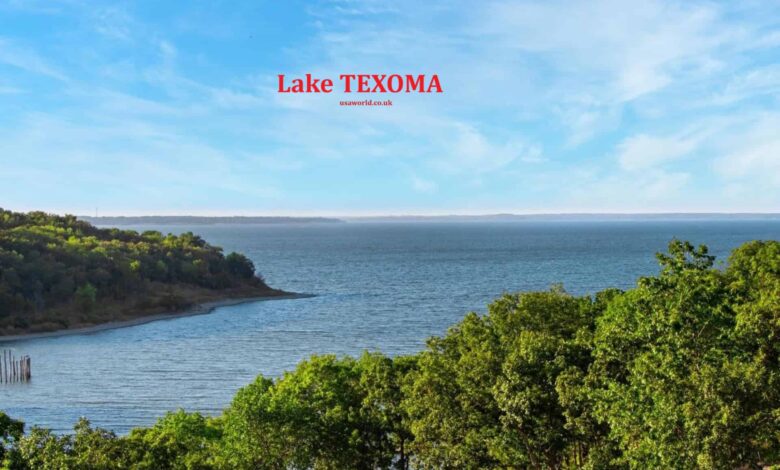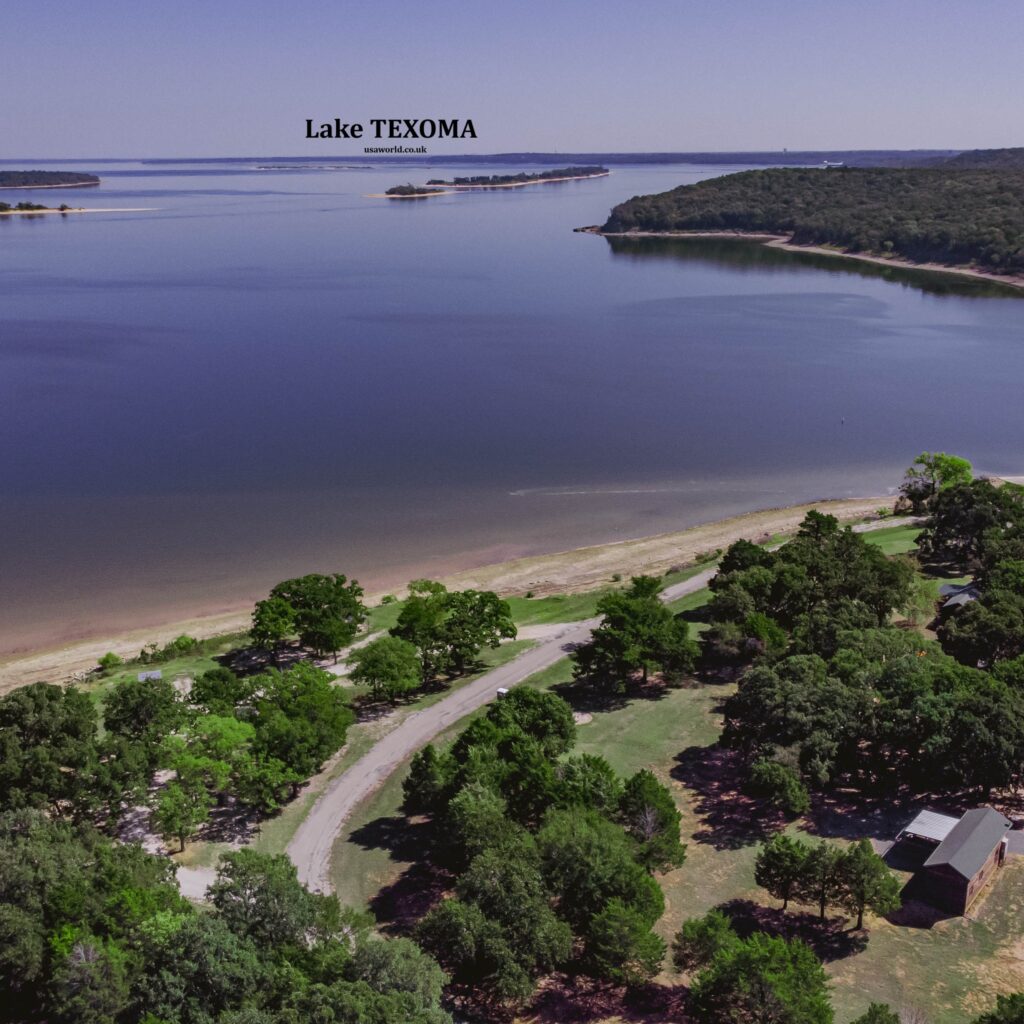Lake Texoma Should Be Capitalized: A Deeper Look Into Language, Geography, and Respect for Place Names

Introduction: Why Capitalization Matters More Than You Think
Lake Texoma Should Be Capitalized, when it comes to writing, capitalization is often brushed off as a simple grammar rule. Yet, when we dive deeper into how we write about important places, it becomes clear that capitalization is more than just grammar—it’s about respect, clarity, and identity. A perfect example is Lake Texoma, a well-known reservoir on the border of Texas and Oklahoma. The keyword “Lake Texoma should be capitalized” might sound obvious at first, but it actually sparks an interesting discussion about why names of landmarks carry more weight than ordinary words.
Lake Texoma isn’t just another water body—it’s a geographical landmark, a tourist hub, a historical site, and a vital resource for the region. Writing its name correctly, with both “Lake” and “Texoma” capitalized, acknowledges its significance. Mis-capitalizing or writing it casually as lake texoma may look small on paper, but it unintentionally undermines its proper status.
Moreover, capitalization affects how we interpret and search for information online. In the digital world, where a simple typo can change search results, proper capitalization ensures that a place like Lake Texoma is recognized consistently. It’s not just a matter of correctness—it’s a matter of communication accuracy.
Understanding the Grammar Rule Behind Capitalizing Lake Texoma

Lake Texoma Should Be Capitalized the reasoning behind this is straightforward: capitalization helps distinguish between a general noun and a specific entity. For example, the word “lake” by itself could refer to any lake in the world. But once you attach “Texoma” to it, it becomes unique—a specific lake with its own identity, history, and relevance. This is why “Lake Texoma” deserves capitalization every single time.
It’s also worth noting that both parts of the name—“Lake” and “Texoma”—should be capitalized. Some people mistakenly think that only “Texoma” requires a capital letter. But according to grammar standards, “Lake” is part of the official name, not just a descriptive word. Writing “lake Texoma” is as incorrect as writing “mount everest” or “grand canyon.” In short, when referring to this great body of water, the capitalization rule is non-negotiable.
The Historical Significance of Lake Texoma’s Name
The name Lake Texoma itself holds historical and cultural value, which further emphasizes why it must be capitalized. Built in 1944 following the construction of Denison Dam, Lake Texoma was created as part of a massive water management and hydroelectric project. It spans across Texas and Oklahoma—hence the blended name “Texoma.”
Lake Texoma Should Be Capitalized by capitalizing the name, we acknowledge not only the geographical presence of the lake but also its historical roots. Lake Texoma represents collaboration between states, engineering achievements, and decades of serving communities with water, power, and recreation. Leaving it in lowercase strips away part of that recognition, almost as if the lake were just any nameless water body.
Furthermore, the lake has grown into a cultural landmark. It attracts millions of visitors each year, becoming a hotspot for fishing, boating, camping, and tourism. Its name carries both economic and cultural weight. Properly capitalizing it shows a level of seriousness and respect that such an influential location deserves.
Practical Reasons Why Capitalization of Lake Texoma Matters
Beyond grammar and respect, capitalization has practical consequences—especially in our digital era. When people search for “Lake Texoma” online, search engines recognize the capitalized form as a proper noun and deliver accurate results. Writing it in lowercase can sometimes confuse algorithms or even return unrelated results.
Think of it in terms of communication clarity: if you write an article, social media post, or official document about the lake, the correct capitalization ensures readers immediately recognize you’re referring to a specific place. If it’s written as lake texoma, it looks informal, careless, and may even cause readers to question the credibility of the content.
Additionally, Lake Texoma Should Be Capitalized in education and tourism materials, proper capitalization is crucial. Imagine a school geography textbook printing “lake texoma” in lowercase—it would look unprofessional and diminish the quality of the material. For businesses around the area—like resorts, marinas, or tour guides—getting the name right is part of their brand identity. It’s not just grammar; it’s marketing and professionalism.
A Casual but Important Reminder for Everyday Writing
Sometimes people overlook capitalization because of casual writing habits—especially on social media, where lowercase text has become trendy. But when it comes to names of real places, sticking to the rule is important no matter the context. Writing “lake texoma” on Instagram may not seem like a big deal, but it sets a tone that the place is not significant enough to be written correctly.
This is especially true for those who live near or frequently visit the lake. Lake Texoma Should Be Capitalized because for locals, Lake Texoma is more than a name—it’s part of their lifestyle and community. Using the correct capitalization shows pride in the region. It’s a subtle but meaningful way of honoring the place.
So, while it’s okay to be casual with words when chatting with friends, the names of places—especially landmarks like Lake Texoma—deserve that extra level of attention. It’s a small act that goes a long way in preserving both respect and accuracy.
Conclusion: Capitalization Is Respect and Recognition
The keyword “Lake Texoma should be capitalized” carries a bigger message than it first appears. It’s not just about grammar—it’s about how we treat the names of places that matter. Lake Texoma isn’t just any lake; it’s a landmark rich in history, culture, and community significance. To write it properly is to show respect for its identity and importance.
From grammar rules to historical context, from digital clarity to community pride, capitalization plays a role in how we view and value Lake Texoma. So next time you’re writing about it—whether in a school essay, travel blog, or even a quick social media post—remember that both words deserve their capital letters. After all, Lake Texoma is not just a lake; it’s Lake Texoma.
You May Also Read
Sean Diddy Combs Appears Grayer and Thinner During Pretrial Hearing



